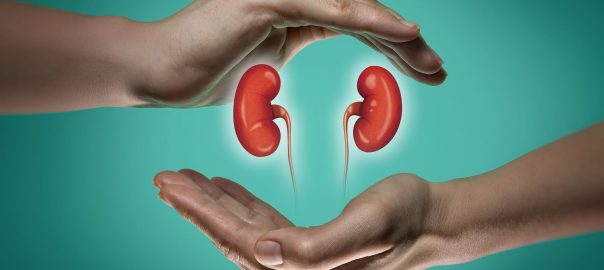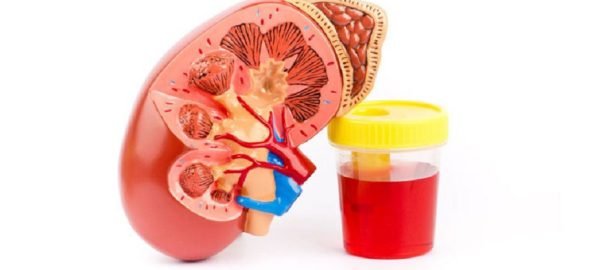If you have been diagnosed with end-stage kidney disease, your doctor may have recommended a kidney transplant as a treatment option. A kidney transplant is a surgical procedure in which a healthy kidney from a donor is transplanted into your body to replace your damaged kidney. In this article, we will provide you with a comprehensive guide to kidney transplants, including its benefits, risks, eligibility criteria, and post-operative care.
What is a kidney transplant?
A kidney transplant is a surgical procedure in which a healthy kidney from a donor is transplanted into the body of a person with end-stage kidney disease to replace their damaged kidney. A healthy kidney can come from a living donor or a deceased donor.
Benefits of kidney transplant
- Improved quality of life: A successful kidney transplant can significantly improve your quality of life, allowing you to resume your daily activities.
- Better health outcomes: A kidney transplant can improve your overall health outcomes and increase your life expectancy.
- No need for dialysis: A successful kidney transplant eliminates the need for dialysis, which can be time-consuming, expensive, and have negative side effects.
Eligibility criteria To be eligible for a kidney transplant, you must meet the following criteria:
- Have end-stage kidney disease
- Be in good health apart from kidney disease
- Have a compatible blood type with the donor
- Be willing and able to follow the post-operative care instructions
Risks of kidney transplant Like any surgical procedure, a kidney transplant has some risks, which include:
- Rejection of the transplanted kidney
- Infection
- Bleeding
- Blood clots
- Side effects of immunosuppressant medications
- Death (rare)
Pre-operative care
Before the transplant surgery, you will need to undergo a series of tests to determine your overall health status and identify any underlying medical conditions that may affect the transplant. A nephrologist in Delhi may also suggest you follow a special diet, stopping taking certain medications, and undergo dialysis if needed.
The transplant surgery
The transplant surgery is performed under general anaesthesia and typically takes about 3 to 4 hours. The kidney transplant surgeon in Delhi will make an incision in your abdomen and place the donor kidney in your pelvis. The surgeon will then connect the blood vessels and ureters of the donor’s kidney to your body.
Post-operative care
After the transplant surgery, you will need to stay in the hospital for several days to monitor your recovery. A kidney specialist in Delhi will prescribe you immunosuppressant medications to prevent rejection of the transplanted kidney, and you will need to follow a strict post-operative care plan, which includes regular check-ups, medications, and lifestyle modifications.
Conclusion
A kidney transplant is a life-changing procedure that can improve your quality of life and overall health outcomes. It is important to carefully consider the benefits and risks of the procedure and discuss them with Dr Vinant Bhargava. If you are a suitable candidate for a kidney transplant, it is important to follow the pre and post-operative care instructions carefully to ensure the success of the transplant.



